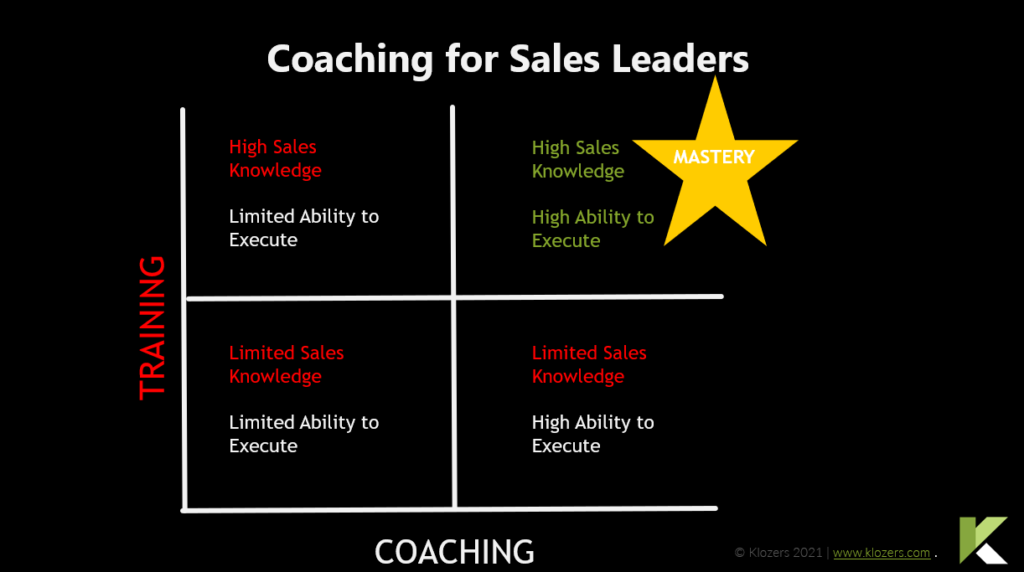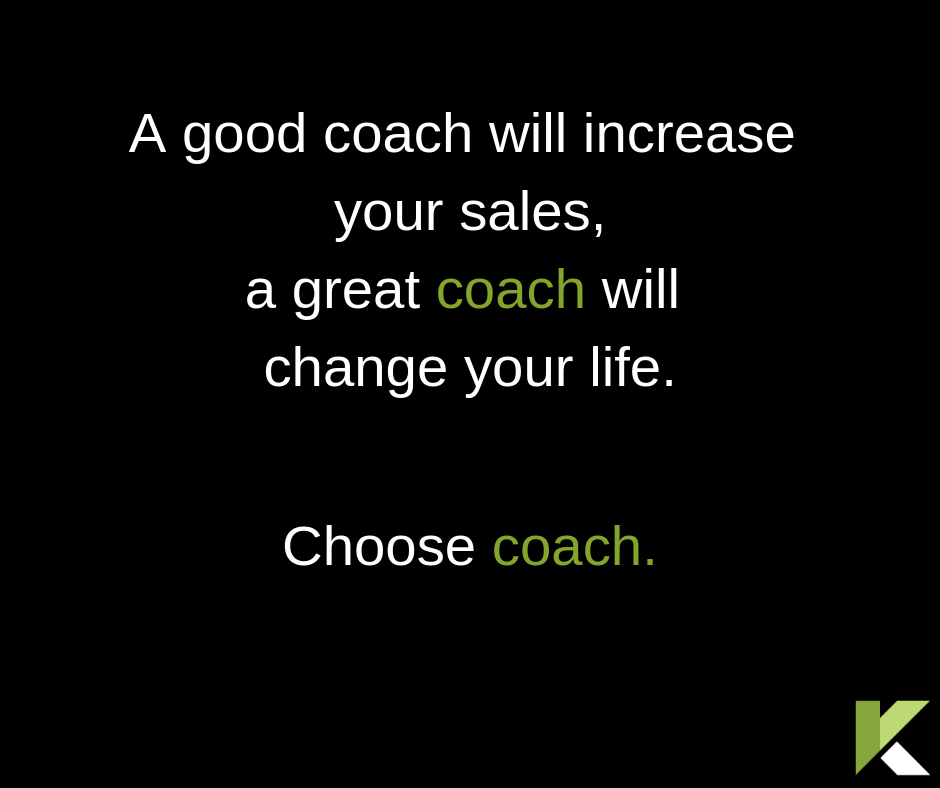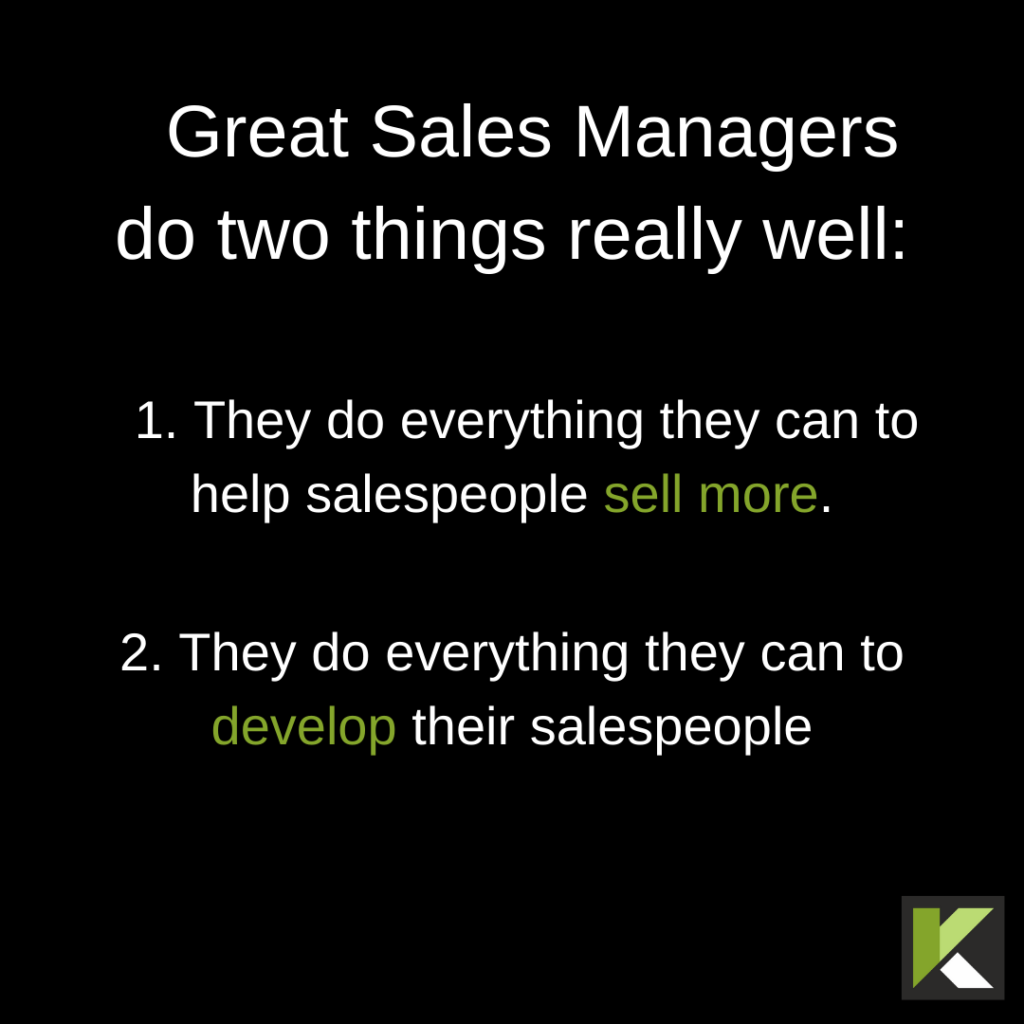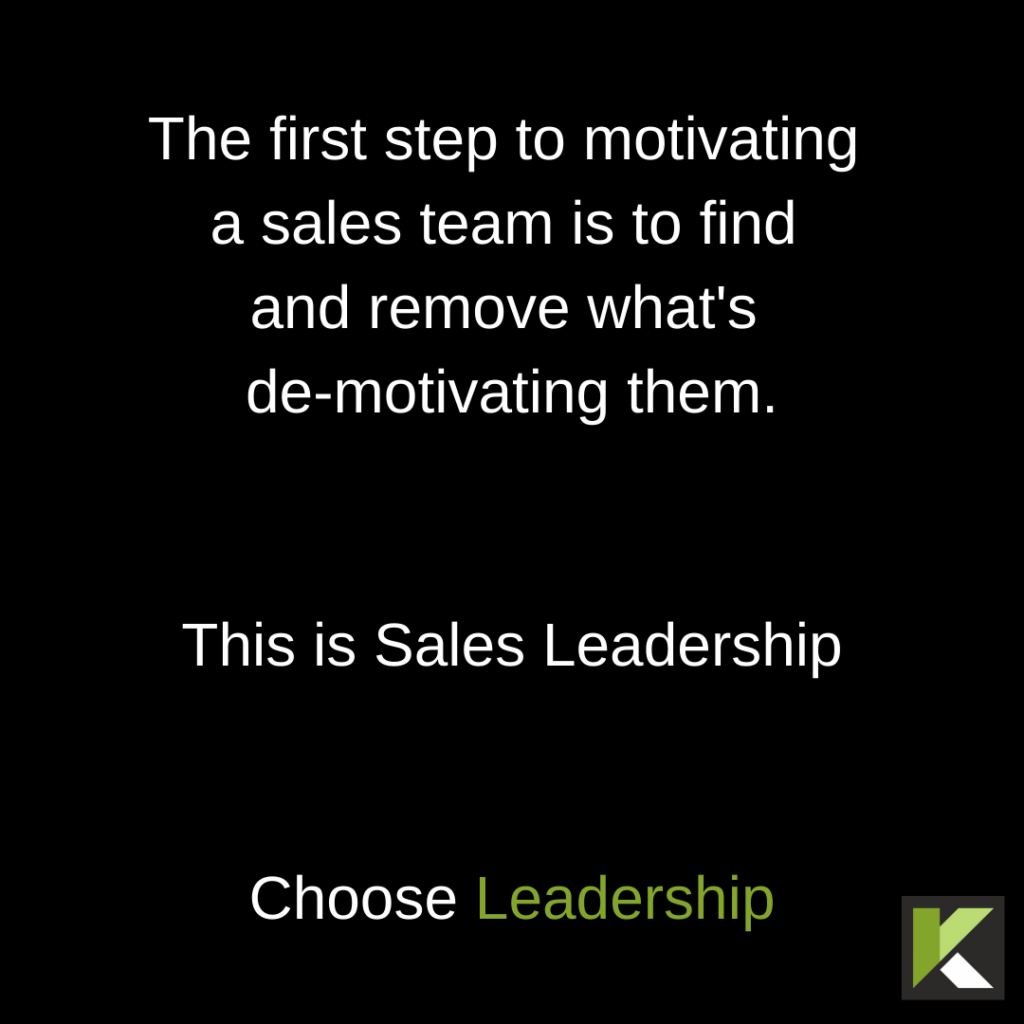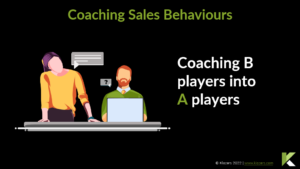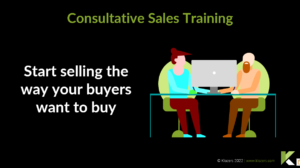Effective coaching starts before the coaching itself. As a business we believe that coaching is not for everyone, as not everyone is coachable. This can be for a number of reasons, however, in our experience there are two main reasons as follows:
- People are not motivated to learn and improve themselves
- People do not believe that they need to learn and improve themselves
Your business will be no different – some people will be interested and respond to training and coaching and some people will only attend because they are told to. From our experience, Sales Leader have to make difficult choices and whilst there is no one size fits all we recommend the following:
Segment your sales team by current performance.
A Group – the top 20% of your sales team that mostly hit target.
B Group – the middle 60% that miss targets but are motivated to improve, want to learn and will respond to coaching and training.
C Group – the bottom 20% of people who never hot their sales target and whilst they may need training and coaching they have no interest in it and won’t respond.
Next, work with the A players to develop a coaching plan based on what they do that makes then A players. Where possible use the A players to co deliver some of the training and coaching to the B players.
The most important part here is to make sure that you hold the B players accountable to what has been agreed and taught.
This just leaves the C-Group. The easiest thing that any sales leader can do is ignore under performance. Some people end up in sales by accident and they are simply a round peg in a square hole. They may not admit it but these C players are unhappy, as no sales rep likes to be unsuccessful. The most difficult task of any sales leader is to let someone go, even under performers but that’s why they are a leader, that’s what drives success.
As a Sales Leader when you retain underperforming sales reps you are subconsciously self-sabotaging your own sales team. You’re a – player salespeople will look around your office and say to themselves “why should I work hard, why should I go the extra mile, when Jonny is still here and never hits a sales target?”. Before you know it they will have resigned and you are left trying to hire there replacement.
The best salespeople want to work with others at the top of their game, they want to train and get better, that’s what makes them the best.
So if you want your coaching to be effective you must first find people who want to be coached.




